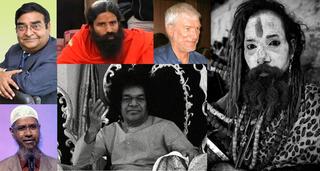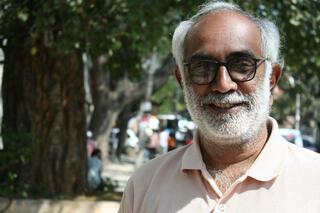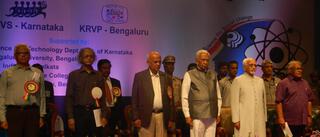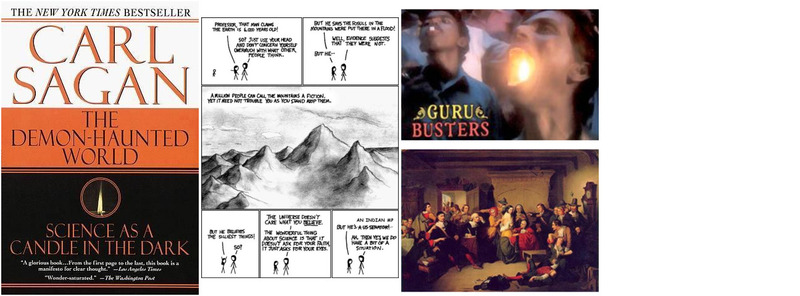Issues of Concern – September 2015
Editorial

Four year old Manu Sagar was a school going boy like most other children of his age. One day, a man in mid 30’s took the boy from an anganwadi child care centre to his house, performed some pujas, cut the boy’s head, collected the blood into a vessel and sprinkled it all over his house. This did not happen in medieval India but in this very month.
The Proposed Anti-Superstition Legislation

The distinctive feature of science is its method of logical justification of theories based on evidence gathered via scientific methods and techniques. As science advances in a society, it is expected to usher in the ideals - scientific inquiry, rationality and critical thinking among the people. However, today one finds a society that receives accolades for its commendable achievements in science and technology; and at the same time, becoming increasingly superstitious. A disturbingly high number of superstitious practices that cause significant harm and exploitation of the masses, are being perpetuated and tolerated by the ‘civilized society’. Such harmful practices are not restricted to a particular religion, class, caste, creed, language, sex, place, profession, or any other man-made or natural attributes, but are pursued even by scientists and engineers etc who - as demanded by their professions - are expected to have a scientific outlook.
Rationalism & its Role in a Democracy

Concern interviewed Dr. Narendra Nayak, the president of Federation of Indian Rationalist Associations (FIRA) on the role of rationalism in a modern democracy. A medical biochemist by profession, he has toured all over India many times over demonstrating the “supernatural” tricks performed by godmen and has been a vocal opponent of superstitions and pseudoscience.
All India People's Science Congress: Science for Social Change

Rational thinking is known to be deeply intrinsic to the teaching principles of science education. Other than the formal disciplines of sciences, even in the daily lives of the general public, educators, researchers and activists have tried to reinforce rational thinking as an irreplaceable tool. An example of this is seen in the People’s Science Movement (PSM) in India, a heterogeneous science movement that is one of its kind in the world. Since its inception in mid-80s (through the National Literacy Mission), the All India People’s Science Network (AIPSN) consolidated various science popularisation organisations across India and led sustained activity in inculcating rationality through pedagogy, social awareness and other methods.
The Cracked Vessel
A student contribution. Poem by Aditi Vijayan, PhD student, Astronomy & Astrophysics, IISc.
